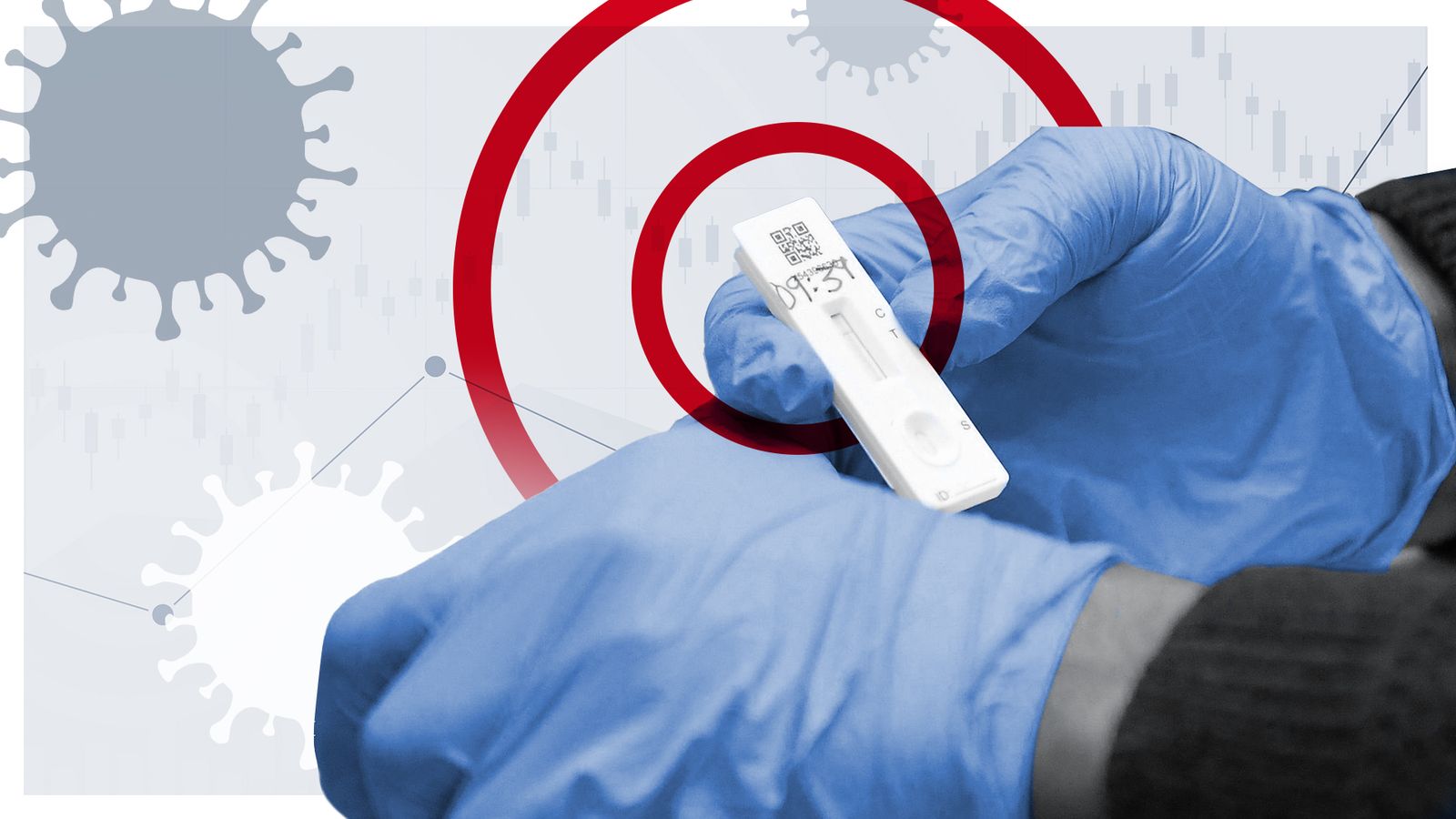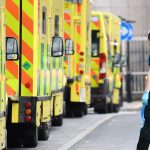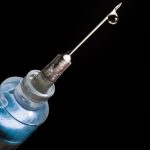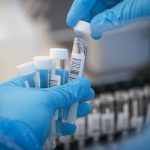London has been a hotbed for COVID-19 over the past month, after the discovery of the Omicron variant in late November.
But it appears that it has now reached a turning point, with falling infection rates, especially among the young.
Overall case rates in London have fallen 13% over the week to 29 December and as much as 27% among 25 to 39-year-olds.
Chris Hopson, chief executive of NHS Providers, says this offers a “glimmer of good news” for the rest of the country, which is a few weeks behind the capital.
“London went into the the Omicron surge first so it is likely that it will come out first,” he says.
The other good news is that the number of people in hospital in London has started to fall, despite rising case rates among older people.
Throughout every other stage of the pandemic, an increase in cases among older people was a sign that hospitalisations would rise the next week.
But what about the rest of the country?
Infection numbers are still rising rapidly across the rest of England.
More than 200,000 cases were detected on a single day on 29 December, for the first time since the pandemic began, according to data from the UK Health Security Agency.
Omicron is now thought to be milder than previous COVID-19 variants, which means that someone who is infected is less likely to become severely ill.
As a result, there has not been a noticeable uptick in the number of patients requiring ventilators, despite surging case numbers.
However, high case numbers mean that the NHS is still under strain from an increasing number of hospitalisations of people being treated for COVID-19 and patients with coronavirus – those for whom the primary reason for being in hospital is not COVID-19.
The pressure on the NHS from rising admissions is being exacerbated by the number of staff absences due to COVID-19.
In the days before Christmas, almost 6,000 NHS employees were isolating in London, a fivefold increase on the start of December.
Chris Hopson says this comes during an already challenging period for the health service.
“This is normally the busiest week of the year for the NHS, and we know that there is a huge amount going on in terms of non-COVID care,” he says.
“We think there are at least half a dozen [hospital trusts] that have declared critical incidents.”
So, a difficult few weeks lie ahead for the NHS, even if the trends in London offer some hope that nationwide case rates will peak soon.
The Data and Forensics team is a multi-skilled unit dedicated to providing transparent journalism from Sky News. We gather, analyse and visualise data to tell data-driven stories. We combine traditional reporting skills with advanced analysis of satellite images, social media and other open source information. Through multimedia storytelling we aim to better explain the world while also showing how our journalism is done.






















